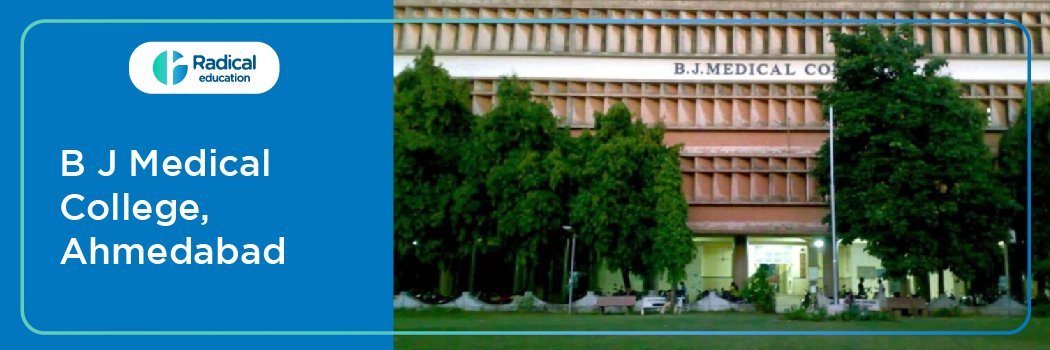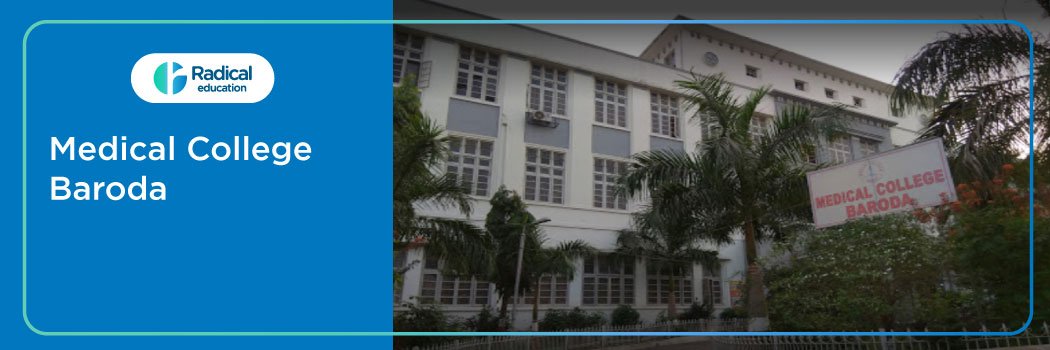Understanding ISO 13485 Certification: Enhancing Quality in Medical Device Manufacturing
Introduction: Ensuring Medical Device Safety and Compliance
In the ever-evolving healthcare sector, the demand for safe, reliable, and high-quality medical devices is more critical than ever. ISO 13485 certification serves as a globally recognized standard that ensures manufacturers consistently meet regulatory and customer requirements. It is particularly vital for organizations involved in the design, production, installation, and servicing of medical devices. This certification plays a key role in enhancing trust, meeting global market needs, and maintaining compliance with medical regulations.
Quality Management System (QMS) for Medical Devices
One of the core components of ISO 13485 certification is its strong emphasis on a dedicated Quality Management System (QMS) tailored specifically for medical devices. Unlike generic QMS models, ISO 13485 focuses on risk management, sterile production environments, and continuous process improvement. The framework ensures that all processes—from design to post-production monitoring—are thoroughly controlled and documented. This level of oversight helps organizations prevent product defects and maintain consistent quality.
Risk-Based Approach and Regulatory Alignment
A standout feature of ISO 13485 is its integration of a risk-based approach, aligning closely with international regulatory frameworks such as FDA and EU MDR. Organizations that implement this standard benefit from better preparedness in audits and regulatory inspections. It strengthens their ability to identify, evaluate, and mitigate risks associated with product lifecycle, making compliance both proactive and systematic. This ultimately reduces recalls, enhances product safety, and safeguards public health.
Importance of Certification in Global Trade
Achieving ISO 13485 certification is not just about quality assurance—it's also a strategic move in gaining market access. Many countries require it for importing or selling medical devices, making it essential for international competitiveness. Certification signals credibility to stakeholders and opens doors to new partnerships, particularly in regulated markets like the EU, US, and ASEAN countries. It also reflects an organization’s dedication to patient safety and operational excellence.
Conclusion: Building Trust Through Certification
ISO 13485 certification goes beyond compliance; it represents a commitment to quality, safety, and continuous improvement in the medical device industry. Whether you're a manufacturer, supplier, or distributor, embracing this standard strengthens your reputation and ensures long-term success. By implementing a robust QMS, aligning with global regulations, and mitigating risks, your organization is better positioned to deliver safe, reliable, and effective medical products worldwide.
What's Your Reaction?
 Like
0
Like
0
 Dislike
0
Dislike
0
 Love
0
Love
0
 Funny
0
Funny
0
 Angry
0
Angry
0
 Sad
0
Sad
0
 Wow
0
Wow
0


















































